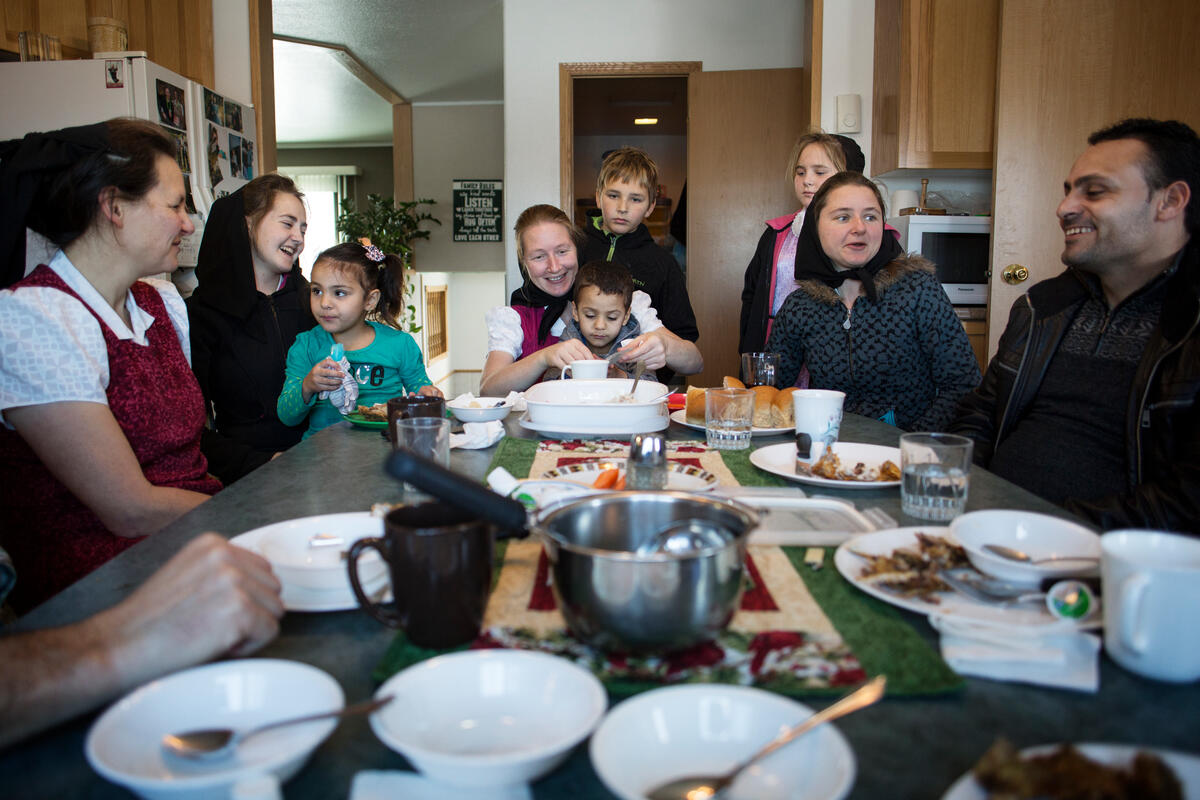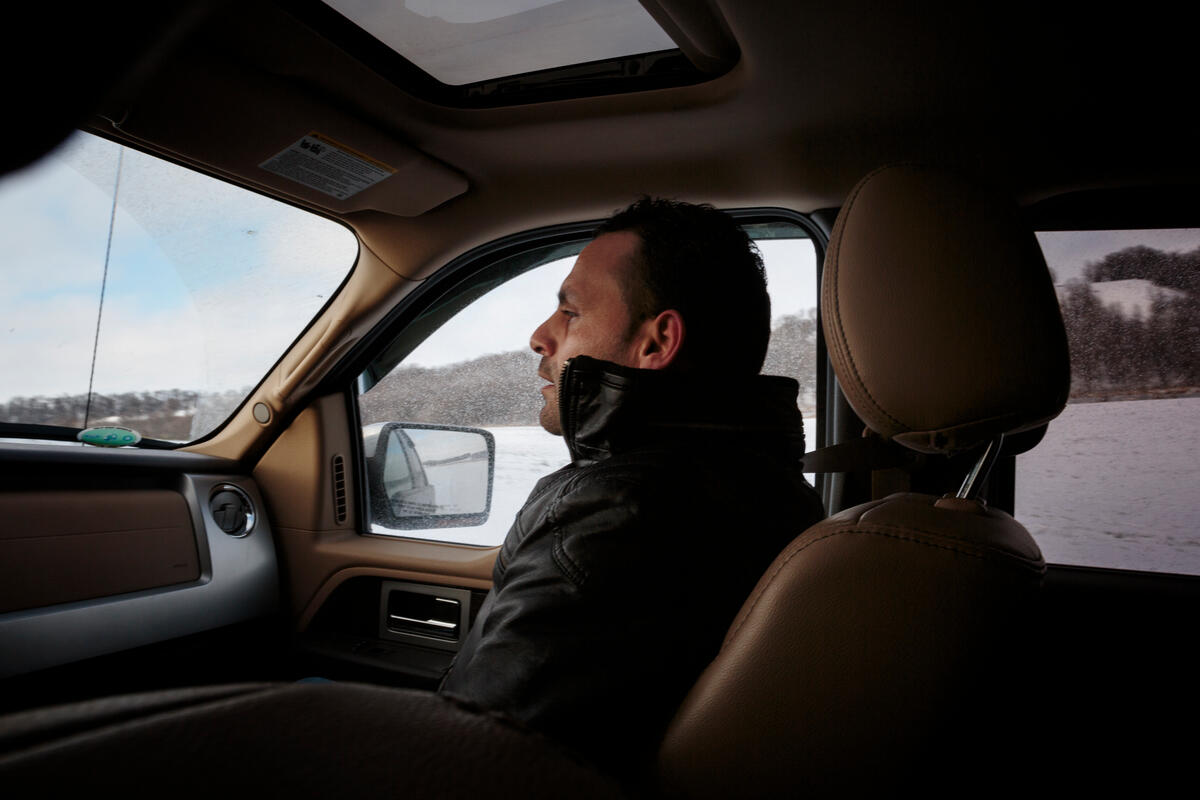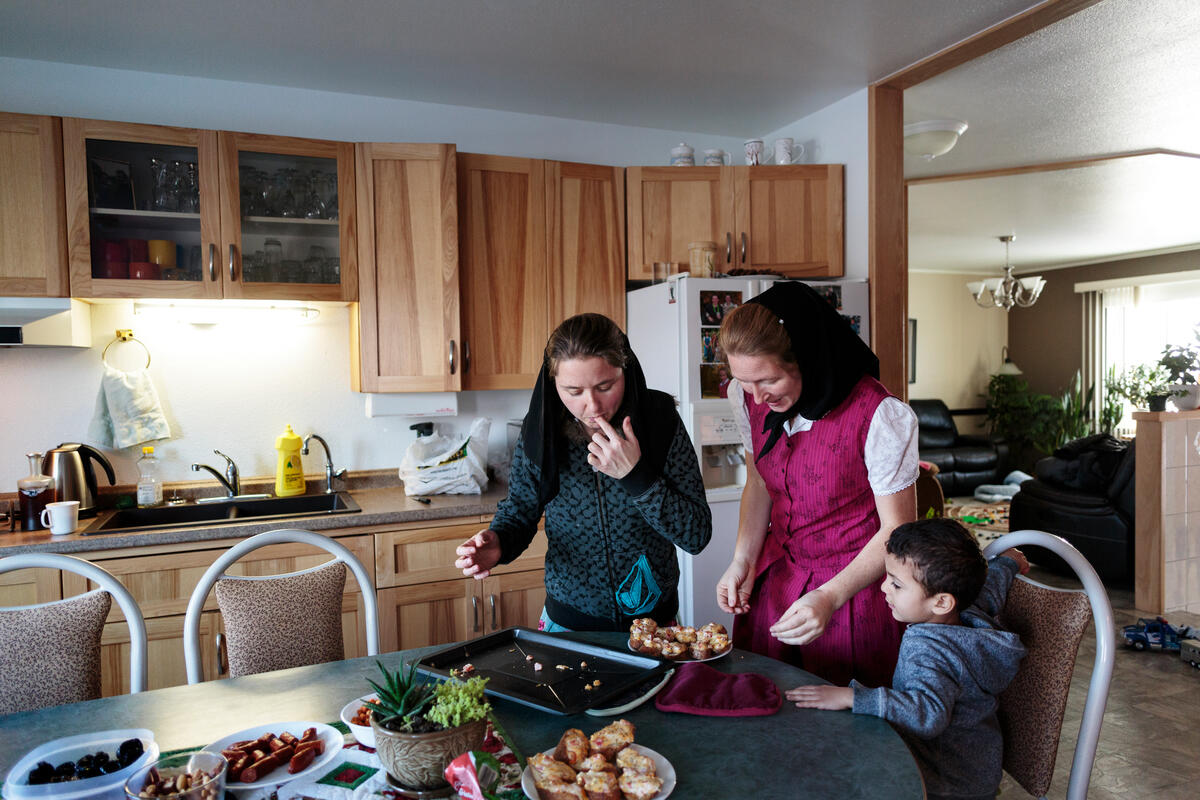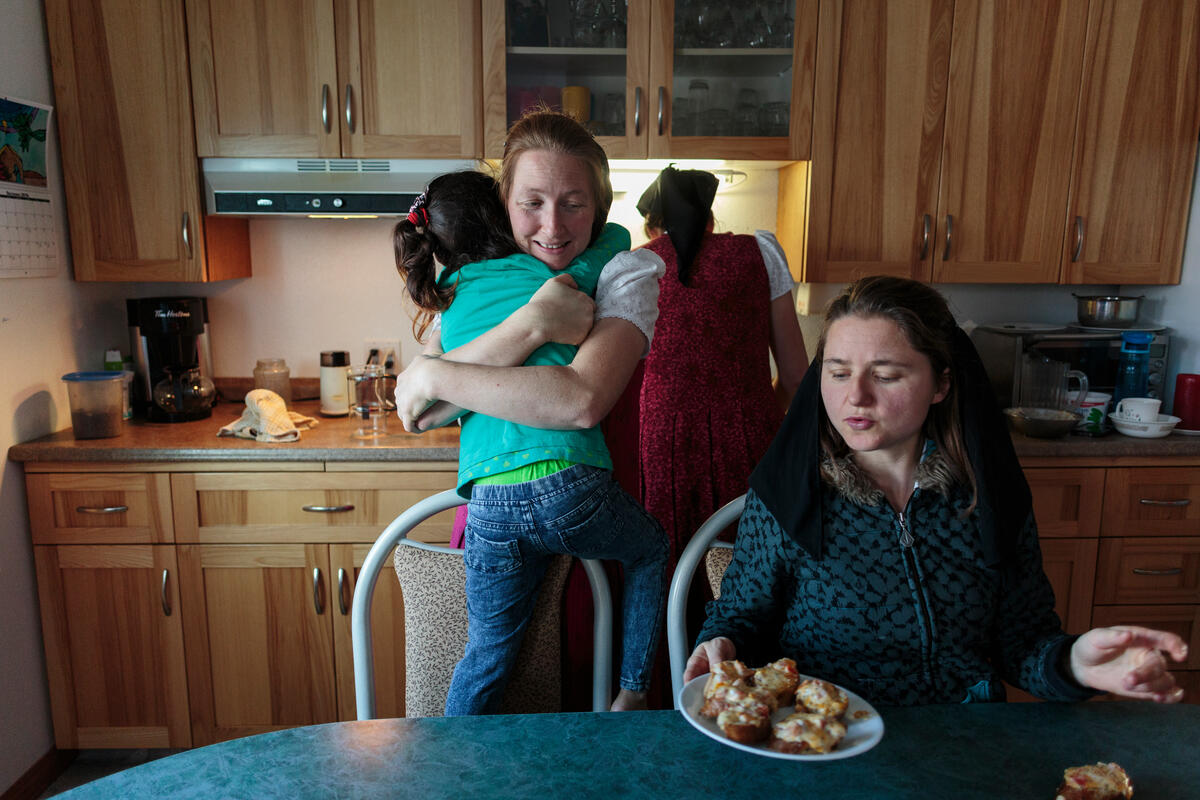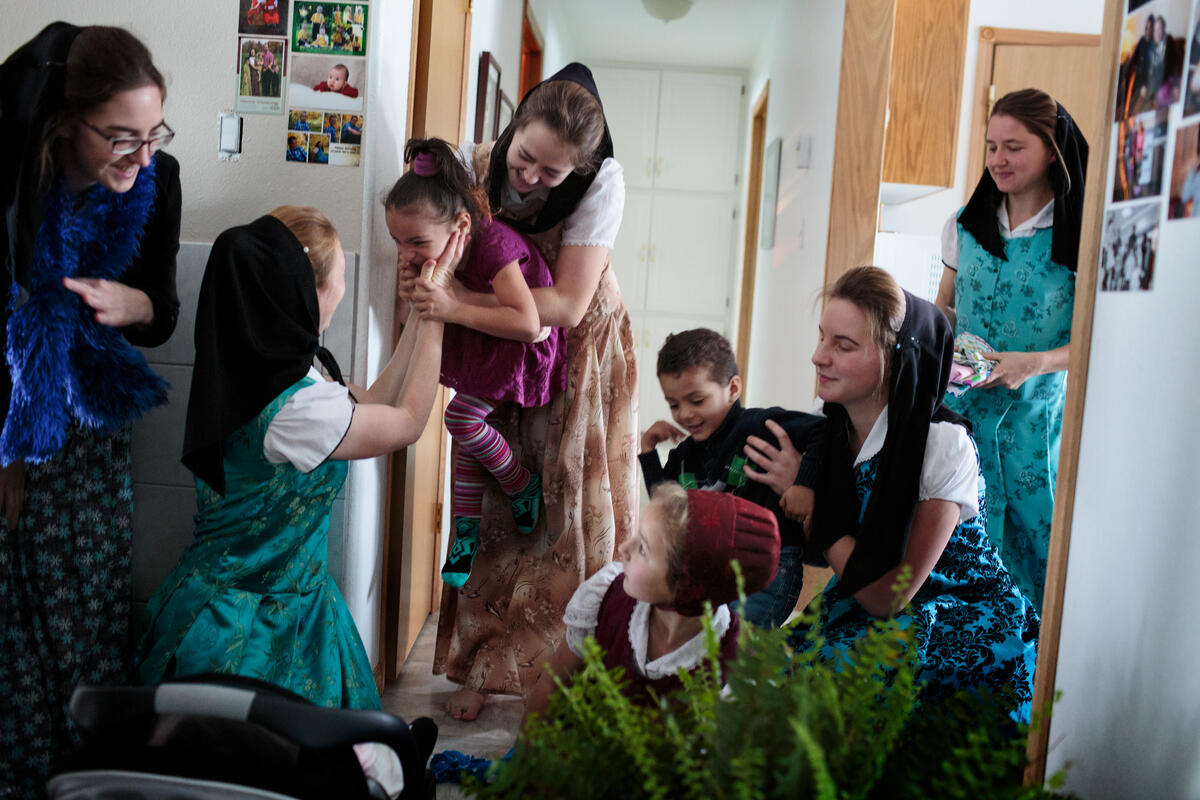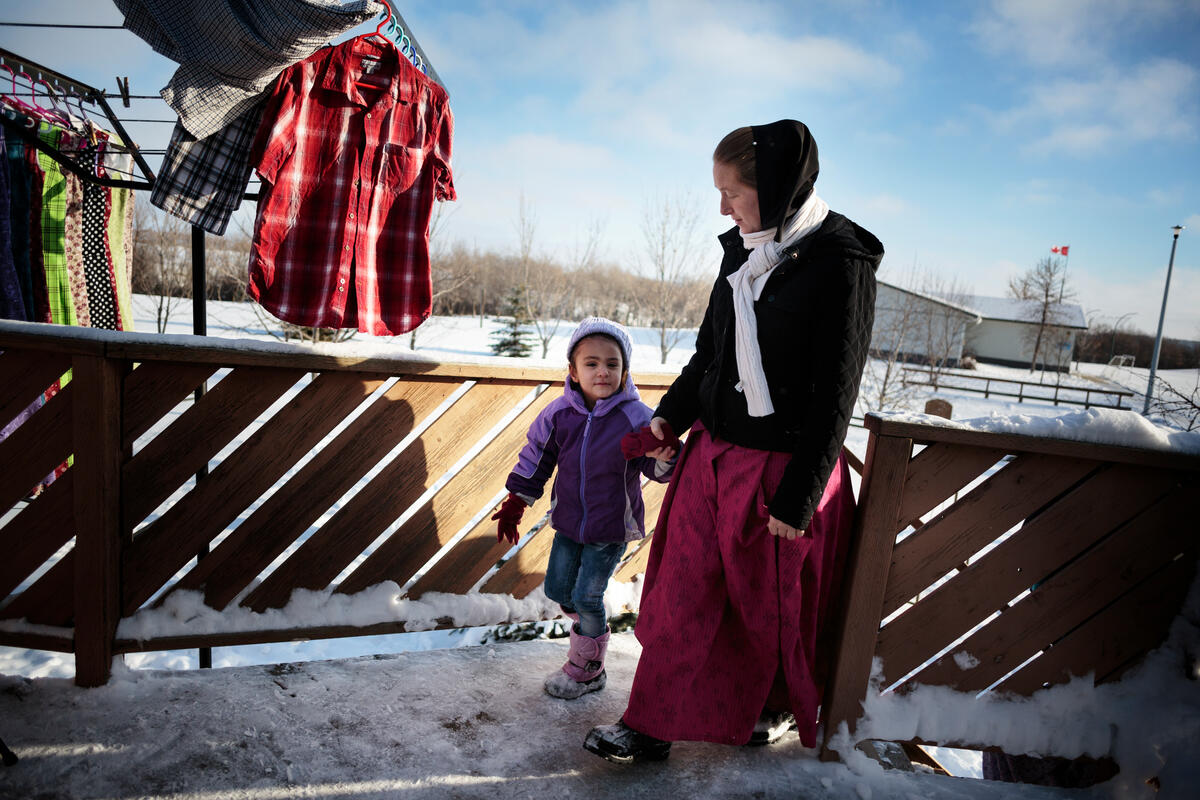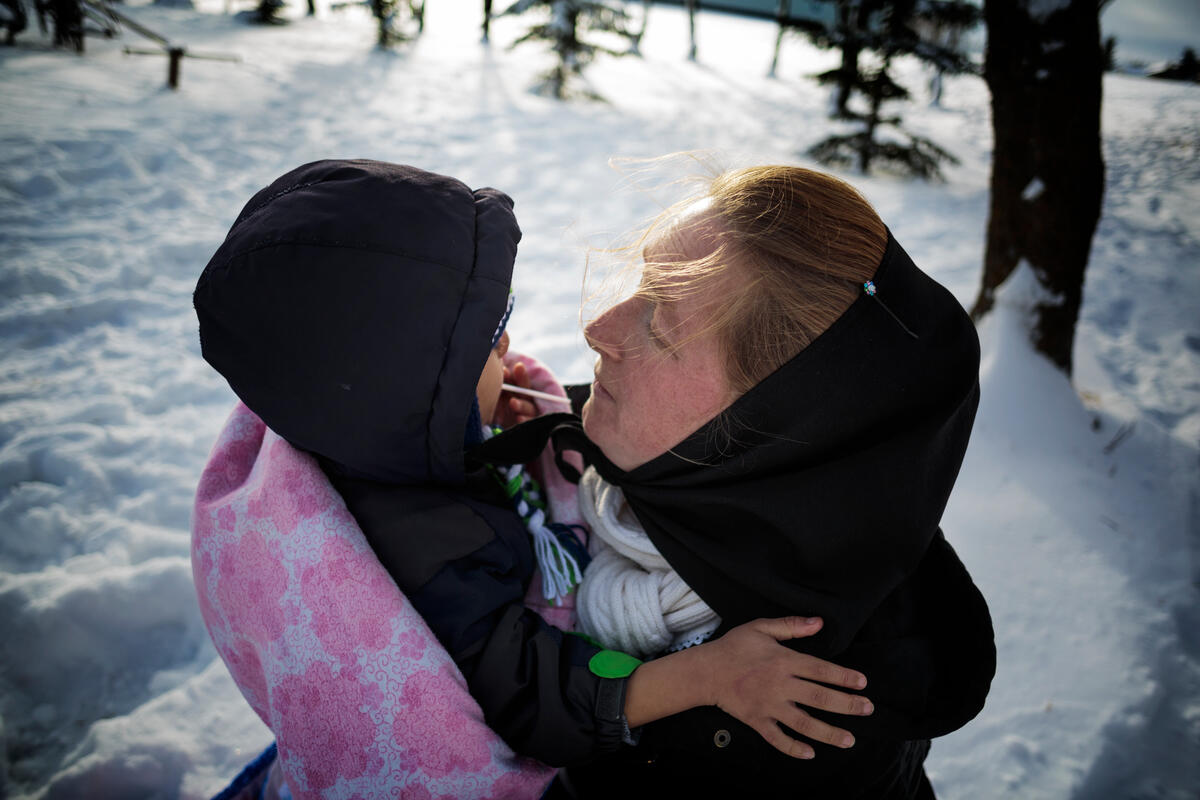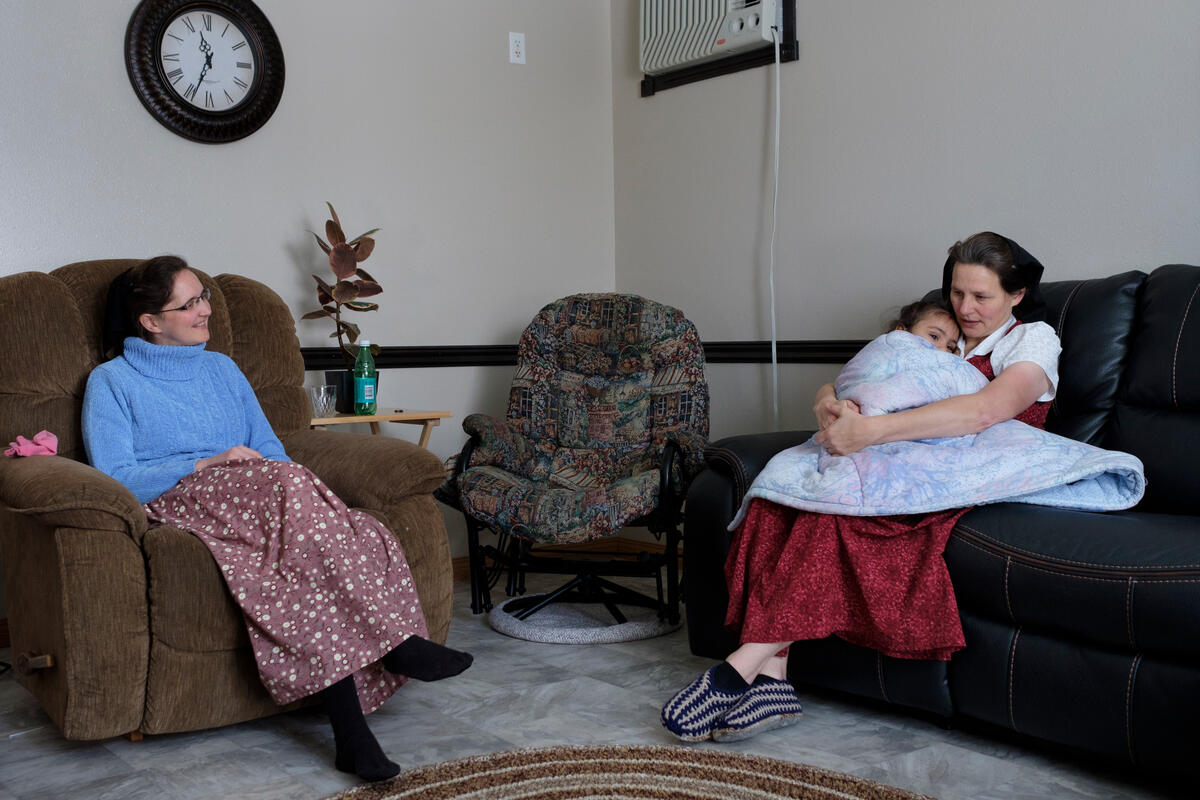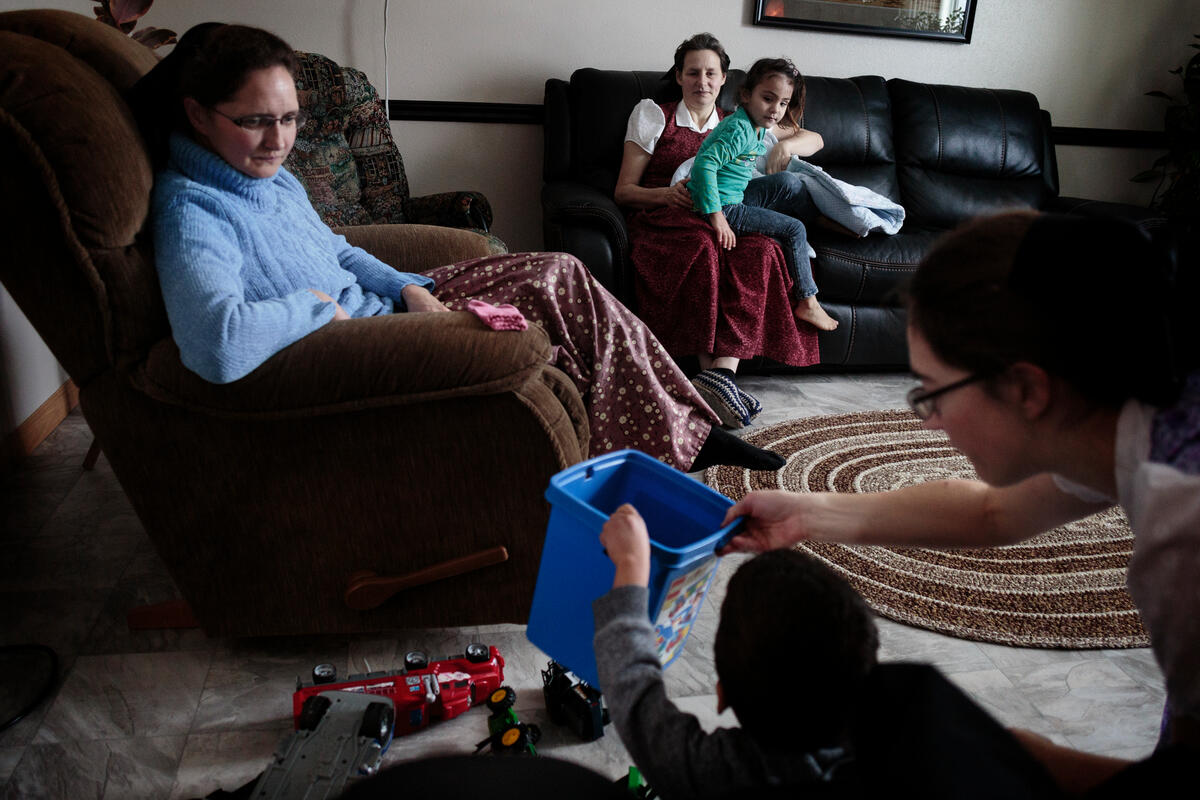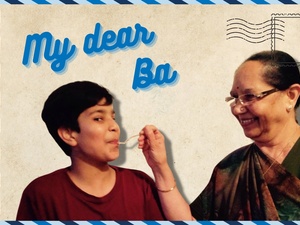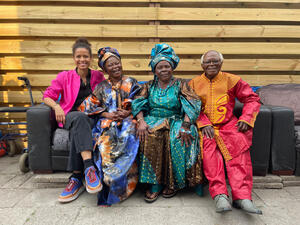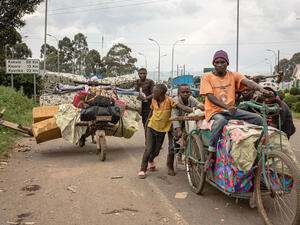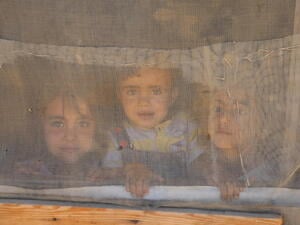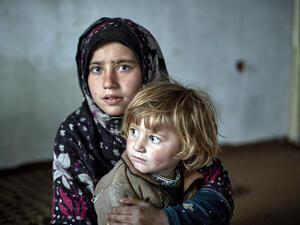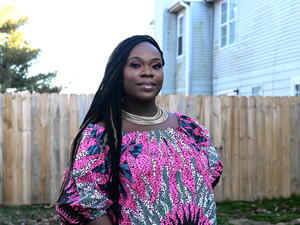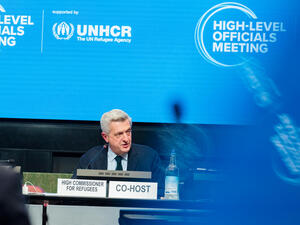Christian community welcomes Syrian family to Canada

Christian community welcomes Syrian family to Canada
In November 2016, as cold winds swept across the Canadian prairie, Najwa and Reyad Al Hamoud welcomed their third child into the world.
From her hospital bed, Najwa sent out a flurry of excited text messages announcing the birth of her daughter to a new, unlikely group friends – members of a Hutterite colony half an hour away in Brandon, Manitoba.
The Hutterites are a minority religious group in Canada, a branch of the Anabaptist Christianity movement loosely related to the Mennonites and Amish. Members live in colonies scattered across the western provinces and are set apart by their distinct clothing – women wear long, colourful dresses and black kerchiefs, while men don dark pants, work shirts and suspenders. A colony near Wawanesa stepped up to sponsor the Al Hamoud family, who are among more than 31,000 Syrians resettled in Canada over the last year.
Paul Waldner, an educator in the colony, was the first to suggest the idea after a visiting Hutterite teacher from Germany told him how the colony could make a difference by helping refugees in need. Paul then approached his father, president of the colony, who told him: “Our ancestors were refugees long ago – people were always there to help them.”
“Our ancestors were refugees long ago – people were always there to help them.”
As the process moved forward, Paul and his wife Wanda turned to Enes and Fata Muheljić, a couple living in Wawanesa. They had arrived as refugees from Bosnia in the early 1990s, also privately sponsored by the community. “When we saw the Al Hamoud family’s papers, we saw ourselves and our journey,” says Enes. “We had to help.”
Before the war, Najwa Hussein had taught at an elementary school in Hama, Syria. Her husband, Reyad, worked in construction. Just 10 days after they fled to Lebanon, the family home that Reyad had spent years building was destroyed in a bomb strike.
The young Syrian family of four spent three years in exile – and almost escaped by boat across the Mediterranean – until, finally, they learned that they would be resettled in Canada.
On the night of their arrival, a group from the colony packed themselves into a van and drove the two and a half hours to Winnipeg.
“When they came down the escalator [at the airport], I started to jump I was so excited,” says Elaine Hofer, one of the family’s sponsors.
Najwa, who wears a hijab and felt nervous about arriving in a new country with unknown customs, was relieved when her sponsors came into view. “When I saw their dress – preserving their heritage and their origins – this made me happy,” she says. She loved that the Hutterites still spoke German as their first language and that minorities in a large country could keep their identity and traditions. “A country doesn't change anyone. If one changes, it’s from the inside.”
While Paul, Wanda and Elaine were excited, not everyone on the colony was immediately receptive to sponsorship. Even Paul’s daughter, Kayla, was apprehensive – unsure why her father was challenging the stability of daily life.
“When they came down the escalator, I started to jump I was so excited."
But the cold winter of the family’s arrival gave way to the greenery and long days of summer, and the Al Hamouds were invited out for frequent bonfires and bike rides. Najwa would regularly make use of the colony’s supply of vegetables, cooking together with Elaine and Wanda. The Muheljić family, alongside the Hutterites, patiently taught Reyad and Najwa to speak English. As the children spun around on the grass playing games, Paul, Reyad and Enes watched, sipping endless cups of Turkish coffee.
In Kayla’s graduation speech to members of the colony, months after the family arrived, she spoke of a life-changing experience. “I never, ever, in a million years, would have figured they would snuggle their way into my heart as easily as they did,” she told the audience.
Later, the family made the difficult decision to move from Wawanesa to Brandon, the second largest city in the province, where jobs and school were closer. But, despite a half-hour drive from the colony to the city, visits were still frequent.
In the lead up to the birth of Najwa’s daughter, the community fussed over her, making sure everything was perfect. When the text message went out that the baby had been born, the hospital room soon became a swirl of flowing dresses. Najwa’s sponsors, now close friends, rushed into see the newborn.
As they crowded around, the couple revealed that they had named her Janna – Arabic for ‘paradise’.
“Though it's an Arabic name, I felt part of name was for us, her Canadian family, and how we fell in love with each other,” says Elaine. “She captured both worlds with that name.”
From Far and Wide is a series of stories profiling the Canadians who have welcomed Syrian refugees with compassion and support. All across the country, strangers, friends, families and communities are creating powerful bonds of friendship that transcend language and culture, when they are needed the most.


